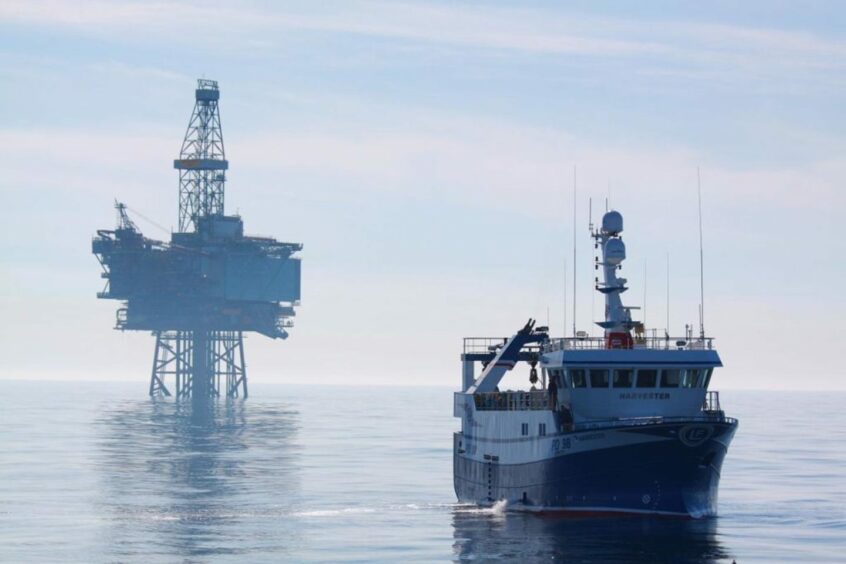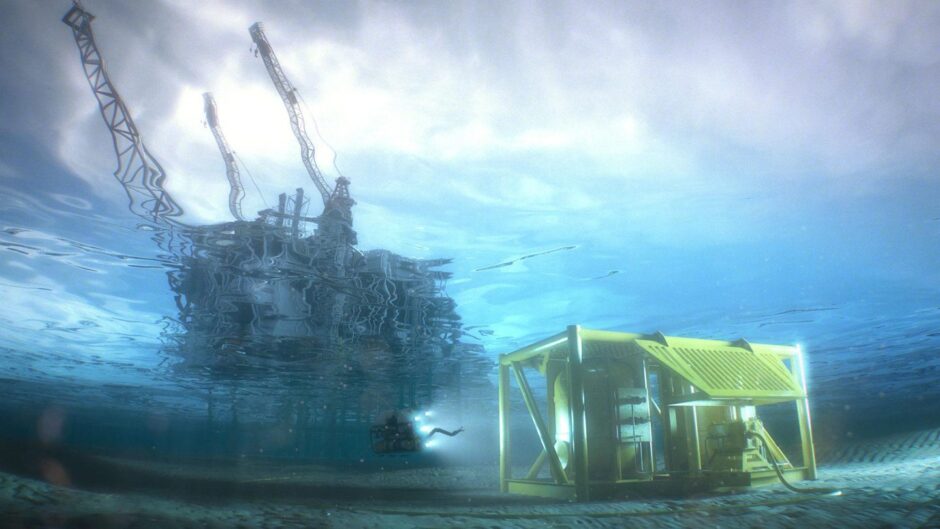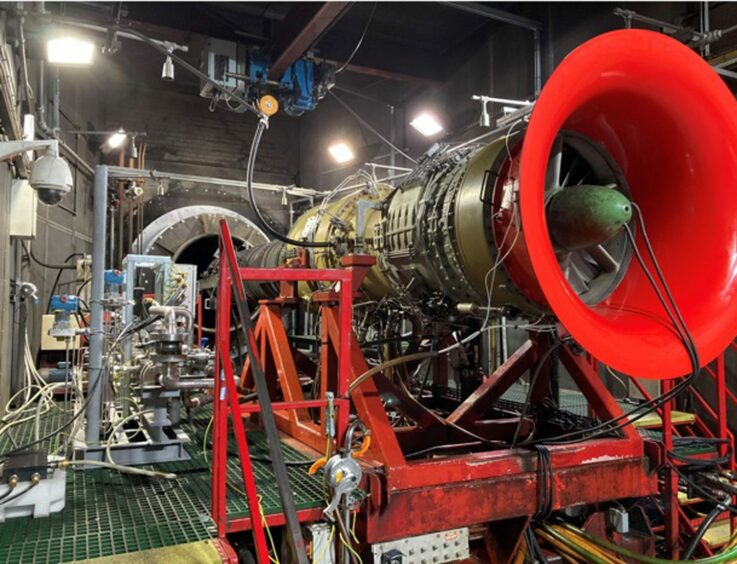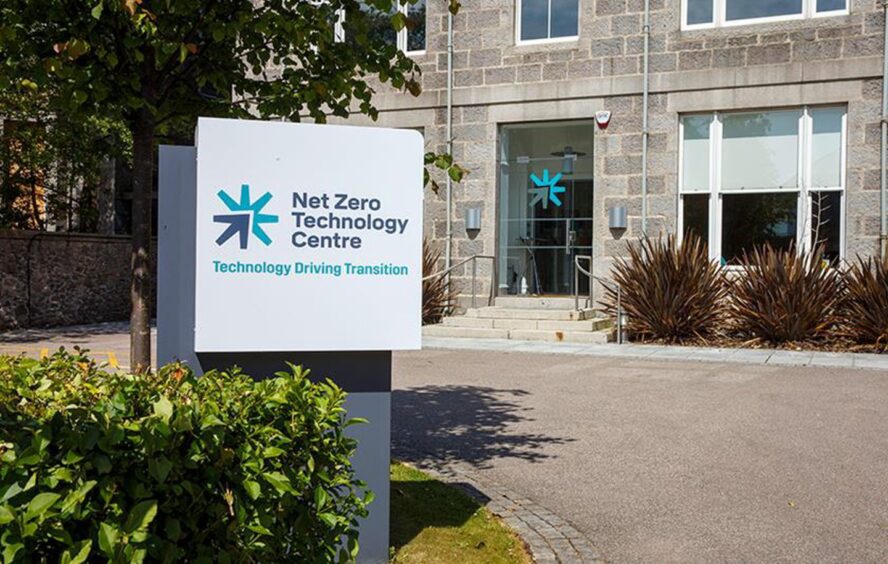
Net Zero Technology Centre’s (NZTC) new Horizon service can source opportunities for North Sea firms, including ways to cut emissions when electrification is not viable.
Late last year “serious concerns” were raised that platforms could shut down early by UK oil and gas operators under the North Sea Transition Authority’s (NSTA) OGA Plan.
The UK regulator has laid out that platforms that are 50% above the basin’s average carbon intensity will require a cessation of production (COP) date.
An area of particular concern is the Central North Sea as operators of assets in the region find it difficult to economically justify electrification measures on some older infrastructure.
The NZTC says this its new Horizon Scanning service can alleviate this issue by finding alternative solutions while also assisting in other areas of the energy industry.
Niki Chambers, head of technology services at NZTC, told Energy Voice: “A lot of the technologies we’re looking at are sort like, what else is there that could help you along the way?
“I would say particularly for some of the more remote assets, it might be that there’s a different way of getting your power generation because it’s power generation that is the biggest emitter CO2 from the asset.”
NZTC is set to roll out a bespoke service that aims to identify emerging technologies, potential changes in legislation and other external factors that can impact a business.
Under the Horizon Scanning service firms can tailor the information they receive depending on what is relevant to them, for example, a Central North Sea oil and Gas operator may look for alternatives to electrifying its assets.
Ms Chambers continued: “So one of the projects that we’re working on at the minute is alternative fuel gas turbines.
“It’s looking at alternative fuels and in particular how you can switch gas turbines or even diesel generators and swap out high carbon fuel for something that produces a lot less CO2.
“We have a project on the go at the moment with Siemens that is looking at how we can use eMethanol instead of fuel gas and it’s promising at the moment.”
What is the Horizon Scanning service?
NZTC’s new Horizon service can assist in more ways than cutting carbon emissions from oil and gas assets.
The Aberdeen group can also work with firms in the renewables market to identify opportunities for innovation or brace for changes in their market’s landscape.
The head of technology services explained: “We start off with a discussion with the client and we have a workshop to talk through where their areas of interest are, storage is a good example.
“So it’s CCUS, but you know there might be certain areas in the CCUS that we’re looking at, so what we do is we work with the experts in-house to try and establish when we think whatever it is that they’re doing goes ahead and then we’ll issue a quarterly report.”
Following this report being issued to a client NZTC keeps track of any new developments and will issue new statements for the next quarter as market trends change or new technology becomes available.
“We have a number of insights under each one of these areas, but it’s very customizable and it’s something that we can do based on region and the topics are up for discussion,” Ms Chambers added.
“We can do something very high level. So we could do something that is about hydrogen, the hydrogen economy generally and put out something around that which is probably going to be more about policy or the larger projects that are kicking off.
“Or it could be down to real detailed level and looking at a real brand new technology that’s coming through, that everyone’s working on in R&D, and then follow that for a little bit to see if there’s any investments or any technology developments that are coming through in that area that might be of interest.”
Horizon Scanning is the third service recently introduced by NZTC through its technology services offering.
The new solution can work alongside its Technology Roadmapping service, which has helped organisations identify 74% emissions reduction potential, and its Technology Due Diligence solution, which has supported investors in selecting their next technology investment and wider company acquisition strategies.
Currently, NZTC has two firms that are using its Horizon Scanning service, both have 12-month packages.
“We’ve got a team that’s working on this,” the NZTC head of technology services explained.
“We’ve had a team working on it for the last seven years, so it’s trying to tap into that a bit more and grow that team as the service probably expands and we get more interest in it.”
If Horizon takes off with NZTC clients and sees success Ms Chambers explained that there is “potential” for more jobs to be created in the team.
Recommended for you

 © Supplied by NOV
© Supplied by NOV © Supplied by NZTC
© Supplied by NZTC © Supplied by NZTC
© Supplied by NZTC © Supplied by NZTC
© Supplied by NZTC